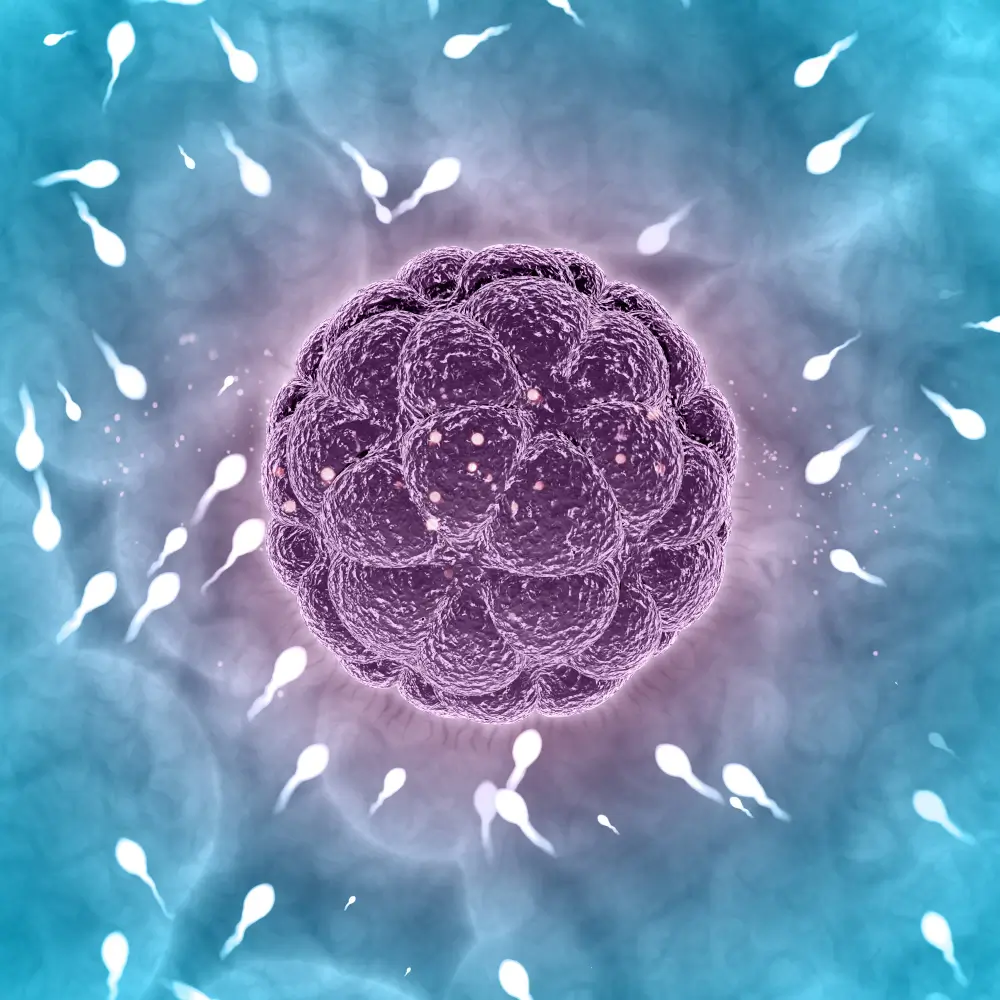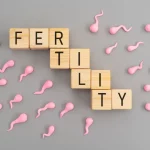Female fertility can be a complex issue, and one of the many important determinants never considered is are ova or the maturity of eggs. An immature ovum may have an extremely crucial role to play in conception, natural or reproductive technology, in the way of IVF. In this article, let us discuss why eggs fail to mature, how it results in infertility, and how egg quality and fertility success can improve.
What Is an Immature Ovum?
An immature ovum or immature egg is an underdeveloped egg whose normal development is required for conception to occur. Ovarian follicles typically release mature conception-ready eggs during the ovulation process. But eggs sometimes get released to be underdeveloped and thus cannot conceive.
The Role of Ovum Development
Ovum development is essential to female fertility. Each month, a few eggs develop from the ovarian follicles of the woman, but usually only one of them develops and is released during ovulation. Disruption of this process causes immature eggs or eggs of poor egg quality, resulting in infertility.
Causes of Immature Eggs
There are numerous reasons why some eggs do not develop so well:
1. Hormonal Imbalances
Hormones such as FSH (follicle-stimulating hormone) and LH (luteinizing hormone) control ovum development. Imbalance leads to egg failure to develop, and eggs may be immature despite the fact that ovulation has taken place. PCOS (polycystic ovary syndrome) may be a suspect.
2. Age-Related Factors
A woman’s egg quality naturally weakens with age. The older a woman is, the more immature eggs she will have and the lower the likelihood of conception.
3. Ovarian Follicle Dysfunction
Healthy supporting ovarian follicles are needed. Structural disease or follicular dysfunction may lead to immature ova and impair successful fertilization.
4. Lifestyle Factors
Alcoholism, diet, smoking, and chronic stress can undermine egg maturity and the fertility of the eggs.
5. Genetic and Environmental Influences
Genetic factors can predispose certain women to the formation of immature eggs, and environmental toxins can disrupt normal ovum development.
How Immature Eggs Affect Fertility
It is hard to fertilize immature eggs well, and this can lead to infertility in women. Even in an IVF procedure, the recovery of immature eggs will reduce the rate of success since such eggs won’t be able to form good embryos.
IVF and Immature Eggs
Whereas IVF doctors attempt to stimulate multiple follicles to release mature eggs, there are immature eggs as well, with or without medical stimulation, and hence the screening of egg maturity is all the more critical.
Natural Conception Challenges
Women possessing a high percentage of immature eggs can suffer from infrequent menstruation or be barren due to fewer mature eggs to be fertilized.

Signs of Immature Ovum
Detection of an immature ovum during a non-medical examination is challenging, but its minimal symptoms are:
- Irregular periods
- Infertility
- Poor response to fertility medications in IVF
A specialist physician dealing with infertility can use the help of ultrasound and hormonal tests to monitor ovarian follicles and egg readiness.
Improving Egg Maturity
While certain influences on egg production, such as age, are irreversibly alterable, there are certain ways in which the egg quality and maturity of eggs are maintained at optimal levels:
1. Hormonal Treatments
Pharmacologic management will correct levels of LH and FSH, stimulate oviduct growth, and increase the chances of a successful mature egg harvest.
2. Lifestyle Optimization
Ideal nutrition, proper physical exercise, stress reduction, and avoidance of alcohol or tobacco can maximize female overall fertility and egg quality.
3. Advanced Reproductive Techniques
Therapy such as IVF or ICSI in women who have immature eggs may maximize the chances of the eggs present. Eggs mature in the lab before fertilization in some others.
Preventive Measures and Monitoring
Daily fertility testing, ovarian reserve test, and ovulation cycle tests are all crucial in identifying any delay in the maturation of eggs. Supplements like coenzyme Q10 and antioxidants have also been found to be beneficial in enhancing egg quality.
Conclusion
An underdeveloped ovum can be a fine deterrent to pregnancy, to natural fertility, or to conception technology. Knowledge of the whys—hormonal equilibrium to the effects of age—can allow women to take prophylactic measures to enhance egg quality and overall reproductive health. If you’re not getting pregnant, visiting a specialist and attempting both lifestyle adjustment and medical intervention can be a big help.
Act now: Make an appointment with a fertility physician to talk about your immature ovum and what you can do to create healthier, mature eggs.
FAQs About Immature Ovum
Q1. Can an immature egg become mature?
Ans. Yes, in certain cases, hormonal treatment or in vitro techniques in the course of IVF can stimulate maturation of immature eggs for the sake of fertilization.
Q2. How can I improve my egg maturity naturally?
Ans. Healthy nutrition, physical activity, stress reduction, and toxin avoidance, such as cigarette smoking and alcohol consumption, may result in improved egg quality.
Q3. Does age affect ovum development?
Ans. Yes. Egg maturity and quality decrease with advancing age, and hence a higher incidence of immature eggs.
Q4. How do doctors detect immature ova?
Ans. Ultrasound is used by fertility specialists to scan through follicles in the ovaries and blood tests to check for hormone levels such as FSH and LH.
Q5. Can IVF work with immature eggs?
Ans. IVF success minimizes the use of immature eggs, but some are matured in the laboratory prior to fertilization using advanced techniques such as ICSI.
Q6. What are common causes of immature eggs?
Ans. Some of the most common causes are hormonal imbalance, PCOS, lifestyle, age, and ovarian follicular dysfunction.
Q7. Is it possible to prevent immature eggs?
Ans. While some, such as age, cannot be avoided, the right lifestyle, follow-up, and artificial insemination can decrease the number of immature ova.

Dr. Pooja Patel
Dr. Pooja Patel is a Chief Surrogacy Coordinator at Surrogacy4all. She has 10 years of experience in Anesthesiology and critical care medicine.
She received her medical degree from Seth GS Medical College and K.E.M Hospital in India. She then completed an internship. She finished her Anesthesia residency at Grant Govt Medical College and JJ Group of Hospitals in India.










